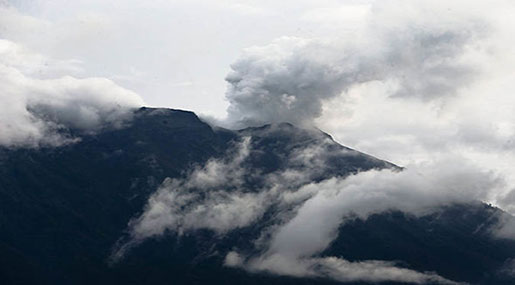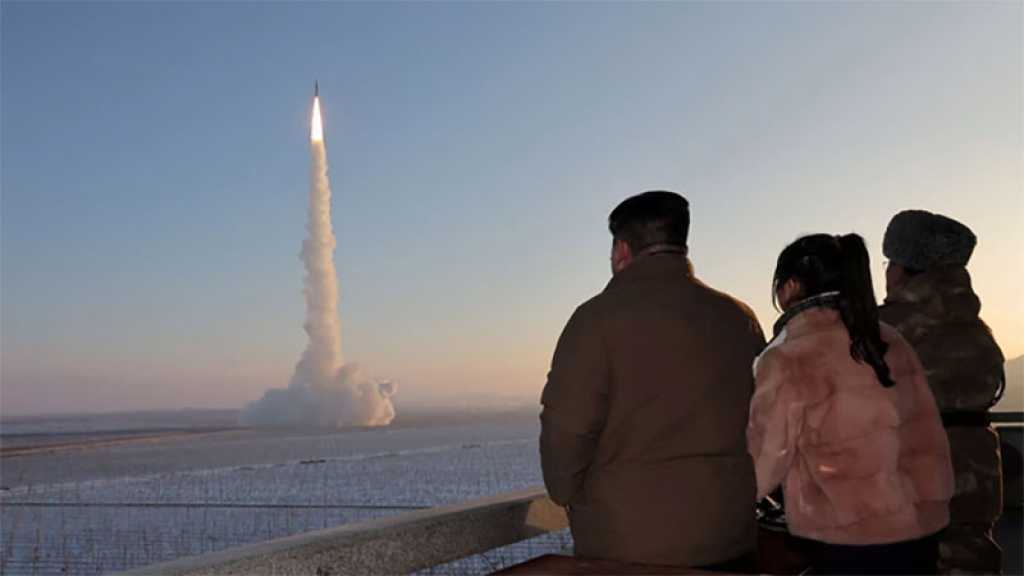
Bali Volcano: ’Imminent’ Mount Agung Eruption As Scores Flee Danger Zone

Local Editor
Tens of thousands of travelers were stranded on Bali after an erupting volcano forced the Indonesian island's international airport to close.

Mount Agung has been hurling clouds of white and dark gray ash about 3,000 meters into the atmosphere since the weekend and lava is welling up in the crater.
Indonesian authorities raised their warning for the volcano to the top level four alert, and told residents around the mountain to immediately evacuate, warning of an "imminent" risk of a larger eruption.
Indonesia's Directorate General of Land Transportation says 100 buses are being deployed to Bali's international airport and to ferry terminals to help travelers stranded by the eruption of Mount Agung.
Bali's international airport was closed early Monday after ash from the volcano reached its airspace. Hundreds of flights were canceled and tens of thousands of travelers affected.
The agency's chief, Budi, said major ferry crossing points have been advised to prepare for a surge in passengers and vehicles. Stranded tourists could leave Bali by taking a ferry to neighboring Java and then travel by land to the nearest airports.
A spokesman for Indonesia's Disaster Mitigation Agency says lava is welling up in the crater of the Mount Agung volcano on Bali "which will certainly spill over to the slopes."
Volcanologists say the lava's presence is sometimes reflected in the ash plume which takes on a reddish-orange glow even in daytime.
Agency spokesman Sutopo Purwo Nugroho said bigger eruptions than those currently happening are possible based on the information the disaster agency is receiving from the volcano monitoring center.
Mount Agung might be about to deliver the large eruption that has been feared for weeks, David Rothery, Professor of Planetary Geosciences at the Open University, said.
Source: News Agencies, Edited by website team
Comments
- Related News

Raisi: Palestinian Resistance Astonished The World
3 months ago

